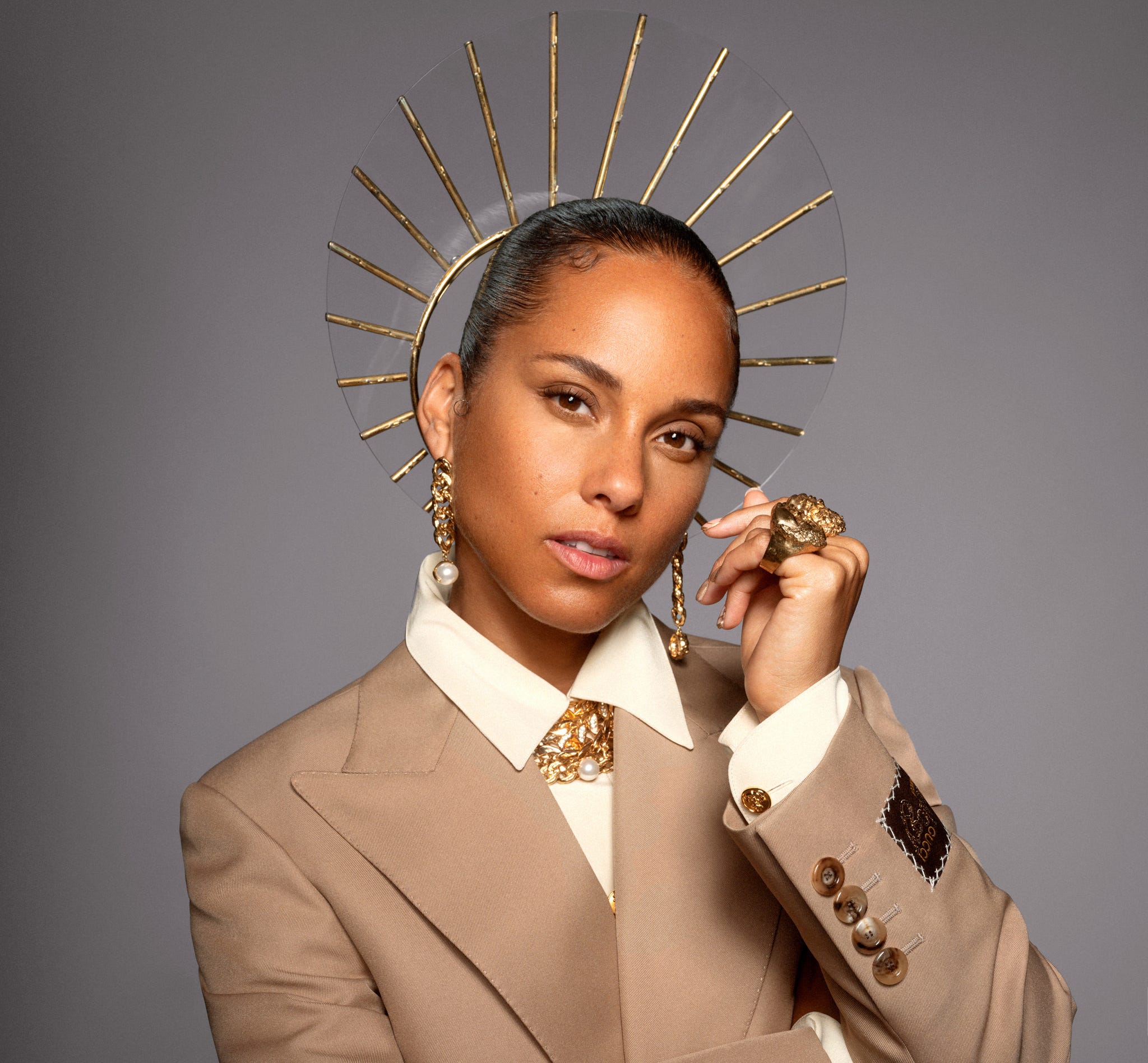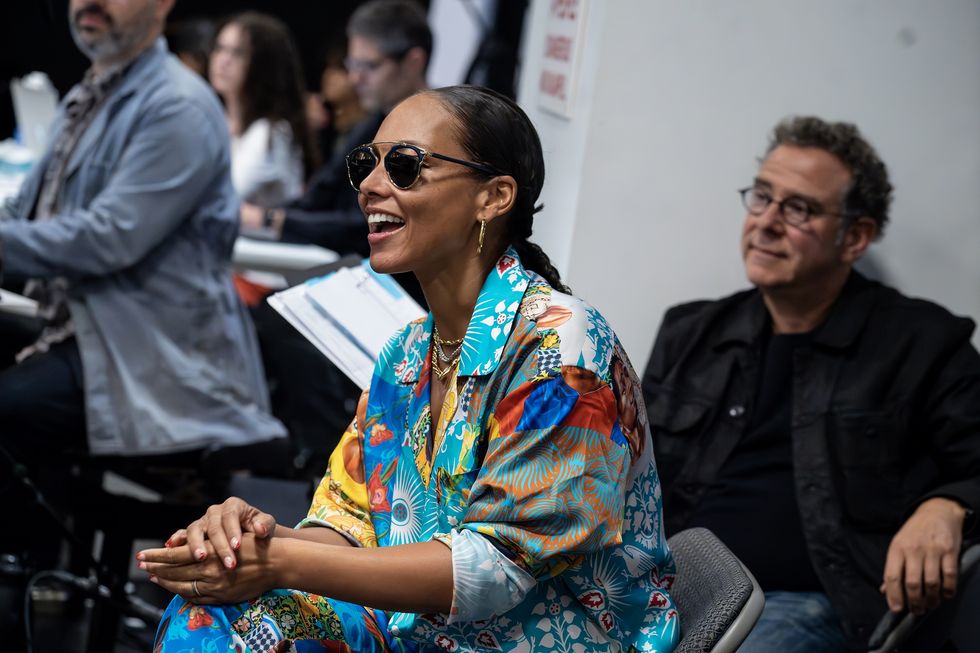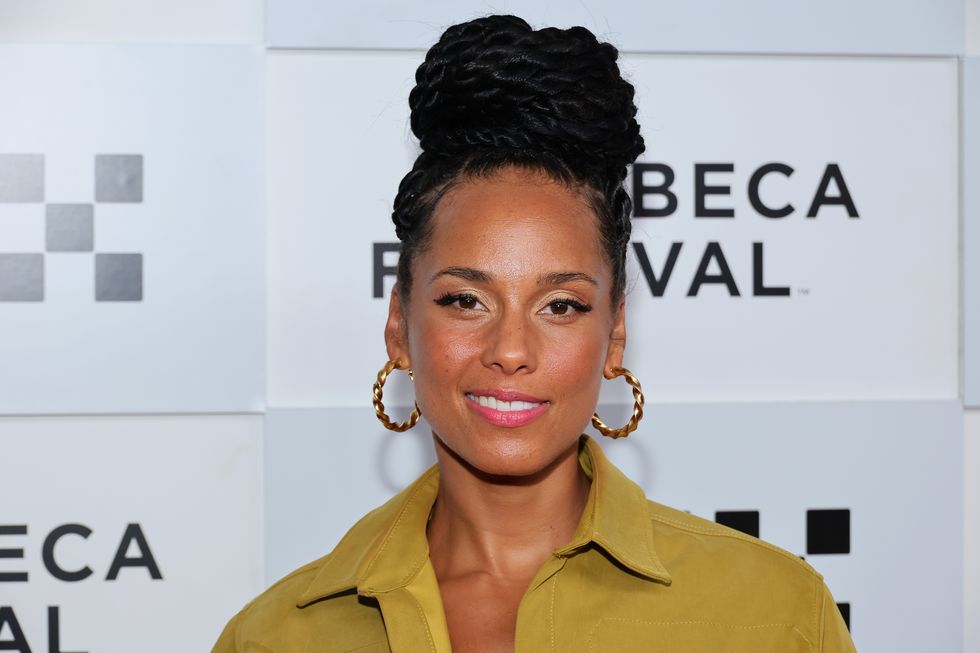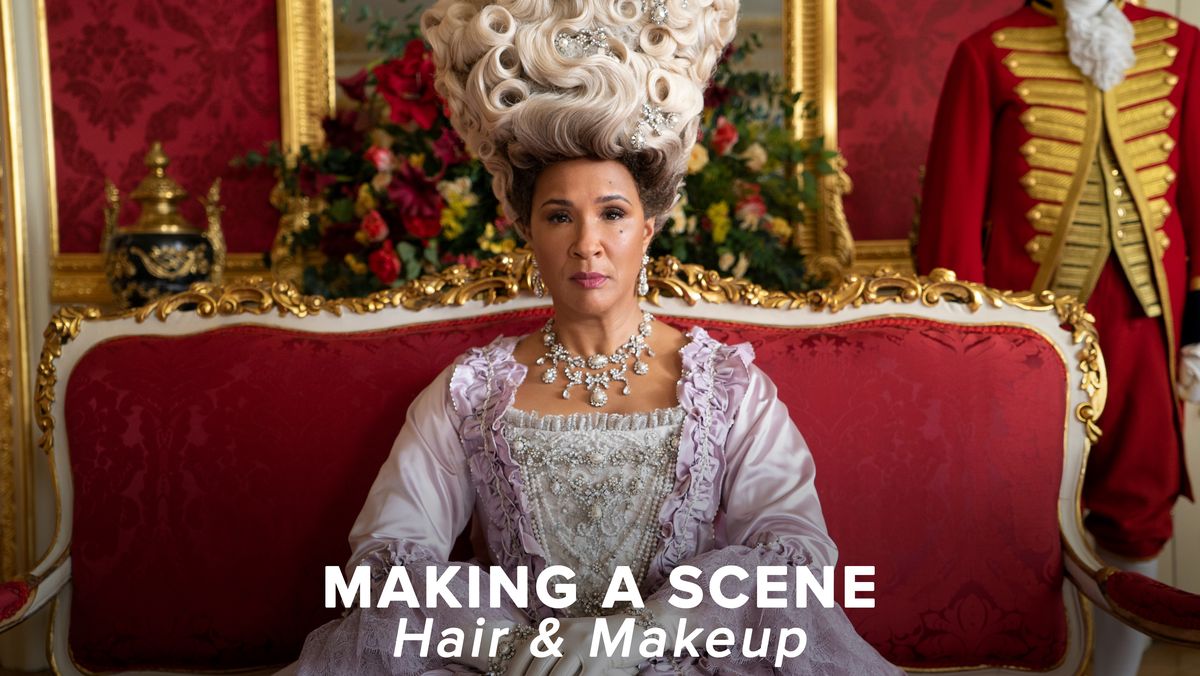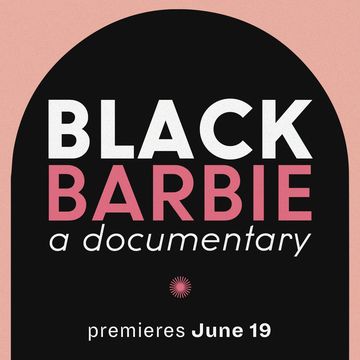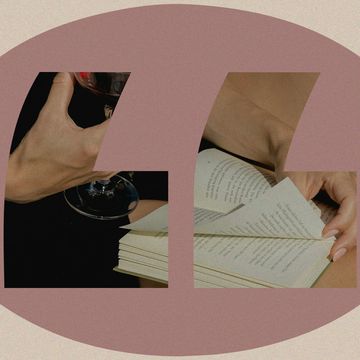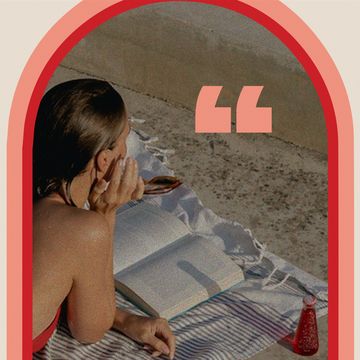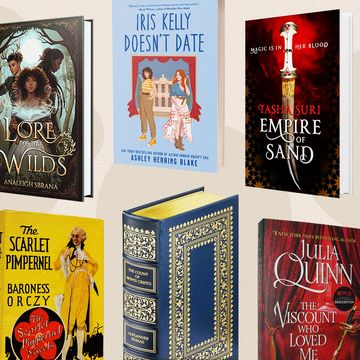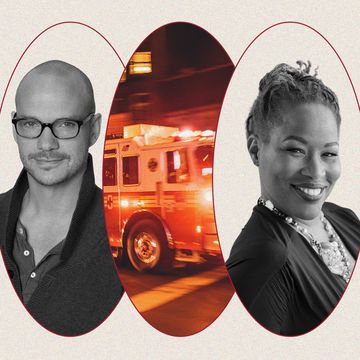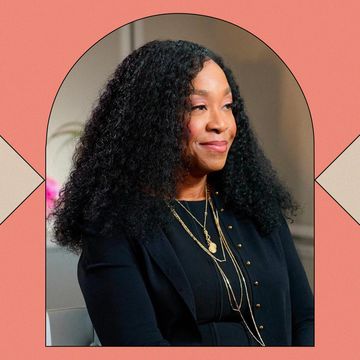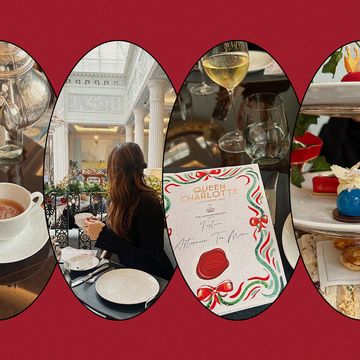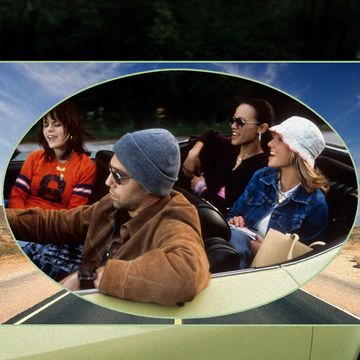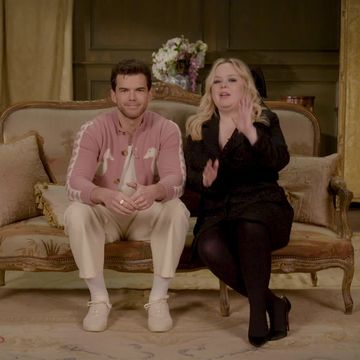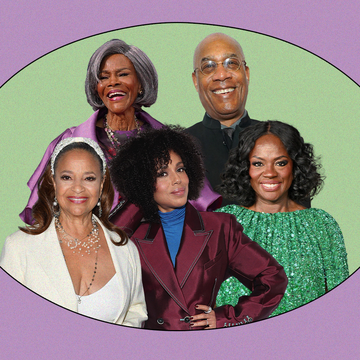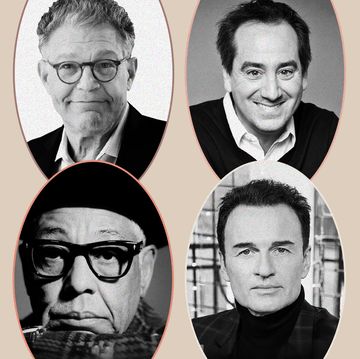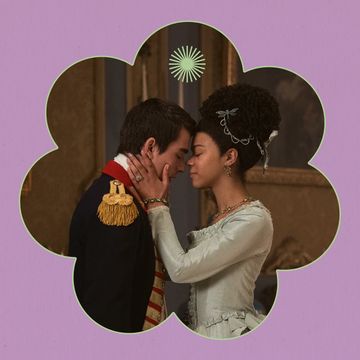Alicia Keys is the definition of success. The New York City native, who first appeared on the music scene in 2001, has sold more than 12 million records worldwide. She is the owner of a thriving business, having launched her beauty and wellness line, Keys Soulcare, in 2020; the New York Times best-selling author of a memoir, More Myself; and a celebrated philanthropist, actress, producer, musician, mother, and wife. Yet, even with all her accomplishments, Keys is still open to growth.
“I’m continuously growing,” she tells Shondaland in a recent interview. “I’ve learned that I am open to learning. And I love that. I think that’s important forever — to always be curious, always be learning, to always be a student.”
That intention to explore and learn has led Keys to create her first-ever musical, Hell’s Kitchen, which premiered November 19 at New York’s Public Theater. The Off-Broadway production, loosely based on Keys’ childhood growing up in the same neighborhood in Manhattan, follows 17-year-old Ali as she tries to find her place in the world while navigating relationships with her mother and a young drummer she has fallen for, as well as her love of music. Keys wrote the music and lyrics for the musical, showcasing new songs as well as some of her biggest hits from her expansive music catalog.
That catalog includes Keys’ No. 1 album, The Diary of Alicia Keys, which celebrates its 20th anniversary on December 2. The record features the chart-topping single “You Don’t Know My Name,” a song that has gotten a life of its own on social media, thanks in part to its hilarious meal order (fried fish and hot chocolate). Keys tells Shondaland exclusively that a freestyle session with Kanye West (Ye) led to the viral song lyric, which is now replicated by fans on TikTok, Instagram, and X (Twitter).
“I’m thinking about being in the studio that day with Kanye; we wrote that song together,” she says. “I remember us sitting here talking about how we should make this part of the song — the quote unquote ‘talking part,’ where, you know, kind of like in the ’60s there’d be these fresh records that [they] would just talk and share what they were thinking. We wanted that back and [to] take that back. I remember being in the booth, and we were kind of literally freestyling it the whole time.”
Keys sits down with Shondaland to discuss her creative journey, developing and retaining the rights to her musical, and making music that has proved to be timeless.
MARIEL TURNER: You’ve been working on this musical for more than a decade. Tell us a bit about that process.
ALICIA KEYS: I think [the process] is what’s exciting about the storytelling. I worked with [so many creatives] on different pieces [for the musical]. Developing the relationship with Michael [Greif], the director, and Kris [Diaz], the book writer, and then down the line, Camille Brown, the choreographer, was just so spectacular. It’s been one of the things that I’ve been working on the longest in my life. And I feel like it’s one of the things that have been the most ready now that it’s time [for it to premiere]. I feel very confident about it because of that time that we took to really get to know it.
MT: Hell’s Kitchen zeroes in on a few months of Ali’s life as a 17-year-old as opposed to showing her rise to superstardom some years later. Why did you choose to focus on that time specifically?
AK: I really, really, really, really, really wanted it to be only her 17th year because I just felt like that’s such a transitional year. And it’s such a time in all of our lives: We’re finding out who we are, we’re discovering our identity, we’re discovering our power — our personal power — we’re coming to terms with our vulnerabilities, our fears, our worries. It’s an incredible time — you’re shedding old skin; you’re pushing back from people that may be holding you back. You’re really finding you, you’re discovering who you are in so many ways, and I felt that that was very relatable. Even if you’re not 17, even if you’re 27, 37, 47, you’re still figuring out who you are and these different places and these different times, and who’s your community and who’s with you, who’s against you, what’s good for you, what’s not good for you. I think that’s what makes this so special. You never know what’s going to come from Ali; you don’t have a clue. But you do get a sense that she’s, like, on her way to something that’s really meaningful, and something special that she’s gonna bring forth.
MT: This musical is, in many ways, a mother/daughter love story. How much of your own relationship with your mother did you incorporate into the characters and into the musical?
AK: I think that the way that I explain it the best is, you know, it’s important that people know that this is an autobiographical [musical]. That’s not the goal. This is not my life story. This is actually the experiences of a girl growing up in New York City. And I think what makes it really relatable is the fact that the characters are really based on real-life people, you know, and so you feel their backstory, you feel the depth of them, you feel the complexity of them. No relationship that we have ever in our life is just black or white; it’s so complex, and it’s so many different layers to a person, you know, and I think you really get to see that through all of these characters.
And so, definitely, the relationship and the love story between the mother and daughter is such a special part of Hell’s Kitchen. It’s definitely about transformation. It’s definitely about letting go of things holding you back; it’s about so many things. But I think that understanding the relationship and the love between my mother [Teresa Augello] and I has definitely informed that relationship so that you see the growth. I think every parent/child relationship kind of, over time, you start to see how unique it is, how special it is, how important it is. Even if you haven’t had a traditional relationship with, say, a parent figure, there’s someone in your life that kind of assumes that position that there’s a deep love there for, and I think that’s the best connecting point between Ali and her mom, Jersey.
MT: For sure. Not only did you create Hell’s Kitchen, but you also financed it, which I think is so empowering. You retained the rights to its commercial future. Can you tell us a little bit about that choice, not bringing in a traditional theater producer and kind of handling all the business aspects yourself?
AK: I’ve been in the quote unquote “entertainment business” since I was 16 years old. When you guys [fans and the media] first met me, I was 18 years old. I’m so grateful that I’m 1) still here, 2) sane, 3) just getting started. There’s a lot that I think people take from you over the years, all of us, no matter what business we might be in. So, it’s really important for me to be able to really just control the narrative of this beautiful piece. And to be able to make sure that it’s really done in every single part, every single side, in a way that feels exactly right.
I think what makes it even better is that I happen to be — I’m so grateful that I’m working with so many greats in the space, you know, and so I think that’s also what makes it really special. The director, Michael Greif, he did Rent, he did Dear Evan Hansen, he’s done so many tremendous pieces of theater. He is a veteran. He knows what to do. He knows how to make it make sense. Yet he’s such a beautiful collaborator. The book writer, Kris Diaz, he’s someone who has a sense of the culture, and also, growing up in New York City, he has all these pieces. He’s this beautiful writer. When I first met him — you know, he’s grown so much. He’s currently a teacher at NYU; like, he’s ushering in the next generation of writers. He’s incredible. He is so skilled at what he does. Camille Brown, the choreographer, she is outrageous. Like, when you see her work, you see how unique she is and how she interprets music, sound, and movement. Really, everyone brings their own power to it. I think it’s so beautiful. Even though I am also experienced in my world, this is a new world for me, and to be able to be surrounded by the greats within this world allows me to be at the head of the table like that. I’m very proud of it. As a businesswoman, it’s one of the most important things I’ve ever done.
MT: Looking back at this process of creating Hell’s Kitchen, what do you think you’ve learned about yourself during this time?
AK: I love this question, thank you. I’ve learned that I’m continuously growing; I’ve learned that I am open to learning. And I love that. I think that’s important forever to always be curious, always be learning, to always be a student. I’ve also learned that I am very, very strong. And that all of my experiences accumulated in my life and led me to this moment to this amount of knowledge that I have, to this amount of grit, tenacity, determination, the ability to determine what’s right, what’s wrong, what needs to switch, change, to be fluid. And I think that it’s really cool. It’s really cool to be able to continue to grow. Always. And I just always want to because I think that’s what makes life good.
MT: It’s clear looking at your career over the past 20-plus years, you can see so much growth and so much talent. I did want to ask you about the 20th anniversary of The Diary of Alicia Keys because it’s such an iconic record. I remember playing it back in the day, and I still love every single song on that album. Going back to 2004, you said at that time that it was one of your most vulnerable projects, and that you “completely exposed” yourself on the album. You left it all on the record. How do you feel about looking back at that time and all of the album’s success?
AK: I just feel like it was such a unique time because it was right after that first album, that first record, and things had changed so drastically for me. I remember being so eager to just kind of get back to what I knew. I remember just wanting to wash my dishes, clean my laundry, you know, like go shopping for food. It was like, “How can I get back to the absolute basics just so that I can get grounded?” And so, this music and this time, and this album, Diary of Alicia Keys, I was just becoming really a woman, a young woman, and understanding that I could create things that I didn’t imagine I could before and seeing what it felt like for people to respond to things that I’ve been working on, and them being connected to the way I was. And so, I think I started to grow, for sure with confidence, but also I was still quite shy, quiet, uncertain, unsure, and so you see all of that, and you hear all of that. So, I think in that way that you described, you know, it was such a personal record because I was able to really take all of these new things and kind of be able to distill it, filter it, and put it back out in these songs that I’m really proud of.
Because I do believe that Diary of Alicia Keys is really — they’re all, of course, my records — but it was my first record when I was starting to understand my own power, and really kind of being unafraid of it. Although I was still terrified. I was starting to see, like, “You know what? I can. I can do this. I can try this. I can be open.” So, I think my confidence was definitely beginning to grow. And so, you see that with the way that I was just expressing my heart. I love this album so much. I love the songs on here. So many of my favorites are on this: “You Don’t Know My Name,” “Ain’t Got You,” “Diary,” “Karma.” I mean, there’s so many feelings and songs that showed up for this one. So, this is a special one. I can’t believe it. I’m super-excited about it. And I really love this one. This one gives me great memories.
MT: In 2003, you said during an ABC interview that you aspired to be “the greatest mogul alive.” Now, you have your new musical, you have an acting career, a skincare line, your music — you’ve really accomplished that goal. How does that feel for you?
AK: I love that; I love that so much [laughs]. I do feel so excited to be able to be multidimensional, you know. Everything that I have been able to be a part of, or create, is really something that I truly have a passion for and love for. Because I feel that it connects with people, and I think that’s the net-net of all the pieces. If it’s this new musical, Hell’s Kitchen, if it’s Keys Soulcare, it all is really about this idea. If it’s music itself, it’s really about the idea of finding your voice, your strength, and recognizing how special you are. I feel really grateful that that’s the message, and [there’s] a variety of ways to express it. And I want to keep doing that.
MT: I have to ask you, in the video for “You Don’t Know My Name,” your character mentions that her crush always orders the special — fried fish — with the hot chocolate. The internet cannot get enough of that line! Can you tell us a little bit about how it came to be?
AK: I love that part! I’m thinking about being in the studio that day with Kanye [West]; we wrote that song together. I remember us sitting here talking about how we should make this part of the song, the quote unquote “talking part,” where, you know, kind of like, in the ’60s, there’d be these fresh records that people would just talk and share what they were thinking. We wanted that back and [to] take that back. So, I remember being in the booth, and we were kind of like literally freestyling it the whole time. I was like, “Okay, we’re gonna be on the phone,” and we’re kind of setting the stage for it all. [Kanye says], “Okay, you’re gonna talk to him; you’re gonna call him. You know, when you call, you gotta be like, ‘Hello, can I speak to …,’ and you gotta wait; you gotta listen for what they’re gonna say.”
It was like this whole thing, the dance we were doing back and forth. And I remember being in that booth. And I was, like, nervous. I was like, “I’m gonna mess this whole thing up. How am I supposed to do this conversation?” And we slowly kind of worked our way through it, and I think it was Kanye that was kind of like, “All right, you gotta be like ‘the hot chocolate,’ and you got cream in the hot chocolate, and you gotta get like [into it.]” So, I’m like, “Okay, okay, let me try; let me try.” So, I put the hot chocolate [lyrics in the song], you know, like the special — and we were just going crazy. Being crazy and having super-fun. I love that part of “You Don’t Know My Name.” It’s a really, really special, special, special song, and I’m so grateful that people — you know, even now on TikTok, all over TikTok, they go crazy acting out that part. It’s just — it’s hysterical. It’s amazing how music can be timeless like that. And that’s what this Diary of Alicia Keys album represents to me.
This interview has been edited for length and clarity.
Hell’s Kitchen runs until January 14, 2024, at the Public Theater.
Mariel Turner is the Senior Culture Editor at Shondaland. Follow her on Twitter at @mariel_turner.
Get Shondaland directly in your inbox: SUBSCRIBE TODAY
